Addictions
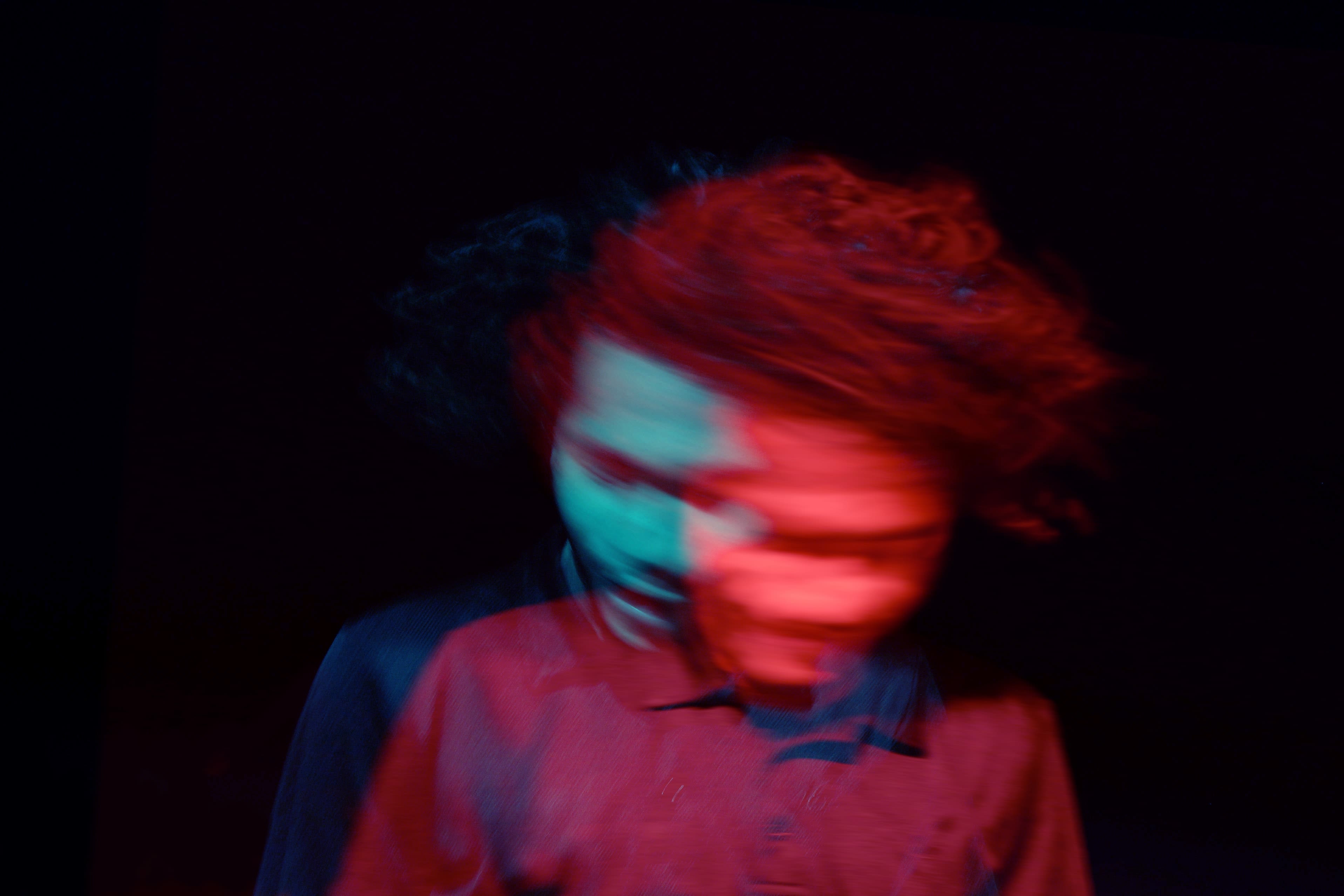
As a survivor, I have noticed that I have a higher tendency to develop addictive traits. These traits do not appear all at once; they sneak in and disguise themselves as something else. I have also noticed that if I have recognized a specific addictive trait, I may unconsciously replace it with another. Many researchers have connected addictive behavior for survivors as ways to numb, distance, and create momentary reprieve from the memories of the traumatic events. But what if everyone is predisposed to addiction?
I feel that what keeps me going between traits is my choice to convince myself that the trait I am exploring is normal and healthy. Abusive traits are not limited to alcohol, drugs, gambling, porn, smoking, hypersexuality, etc., anything deemed unhealthy. Survivors must be aware that the addiction to being in control, overworking, over-exercising, food, dieting, and relationships can all be addictive and result in alienation, low self-esteem, loss of respect, and other hazards.
According to the Cleveland Clinic (2023), "Addiction is a chronic (lifelong) condition that involves compulsive seeking and taking a substance or performing of an activity despite negative or harmful consequences. Addiction can significantly impact your health, relationships, and overall quality of life." It is crucial to seek help as soon as signs of addiction develop. Humans are motivated to seek rewards, and often these rewards are attached to healthy behaviors and release the chemical dopamine in the brain and cause the feeling of pleasure. Humans can become addicted to seeking experiences that release this "good feeling" chemical. Activities like sex, spending money, and maintaining control can send massive amounts of dopamine into the brain as quickly as drugs, alcohol, and smoking. The difference is the amount of dopamine released from substance abuse can negatively affect thoughts, feelings, and behaviors. Once the human has experienced this dopamine rush, the desire to reexperience becomes easier and more addictive. "Over time, the substances or activities change the brain chemistry," desensitizing or normalizing the effects, leaving the person needing more to produce the initial onset of feeling pleasure. Other factors can increase the development of addictions, like genetics, mental health condition, and environmental factors.
Justin Kunst's article, "Sexual Abuse, The Link Between Sexual Abuse and Addiction" for Amethyst Recovery Center (2020), explored the link between sexual abuse and addiction and disclosed that people who have experienced sexual abuse are likely to suffer depression, low self-esteem, PTSD, anxiety, suicidal ideation, etc. and therefore have an increased risk of addiction and substance abuse problems.
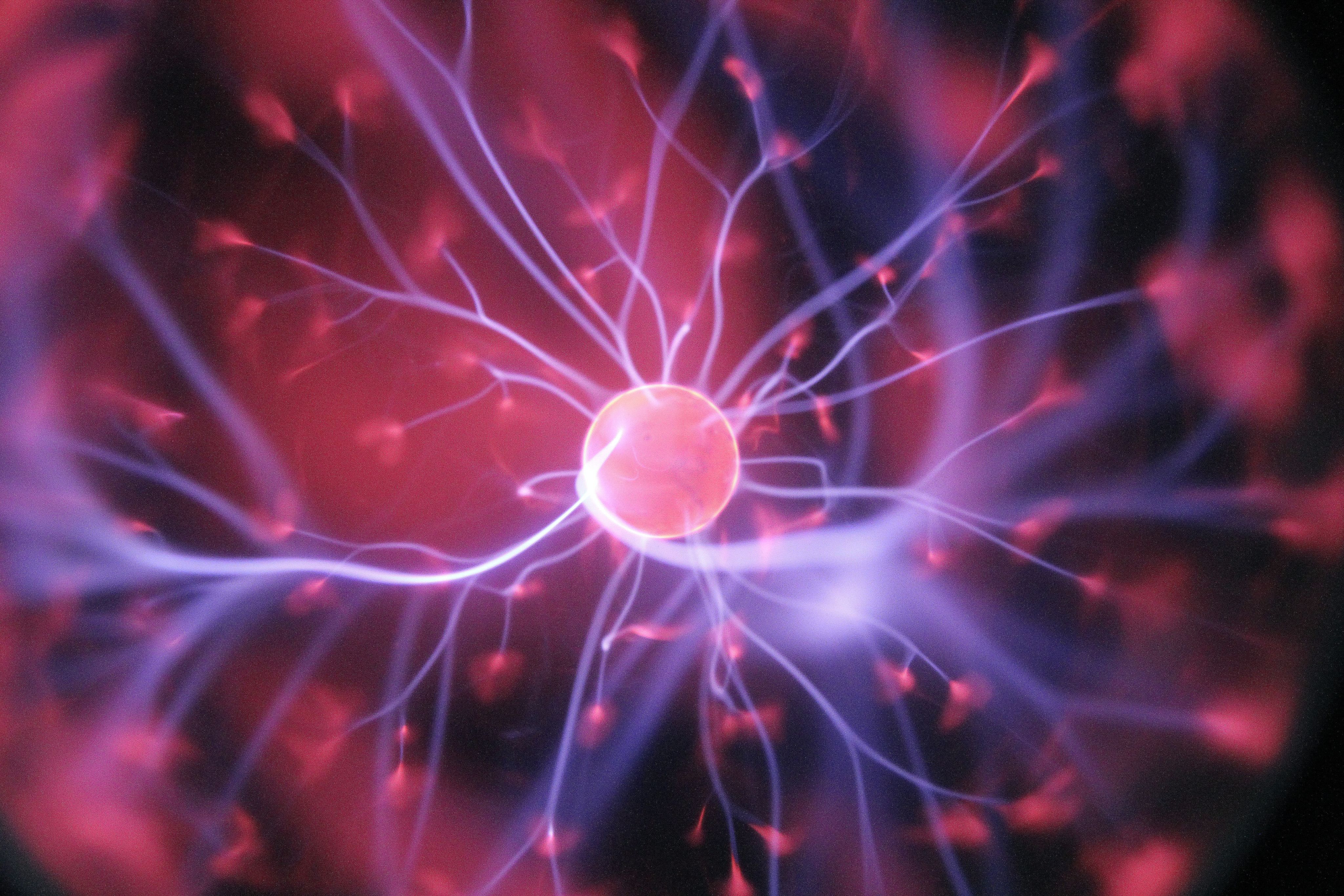
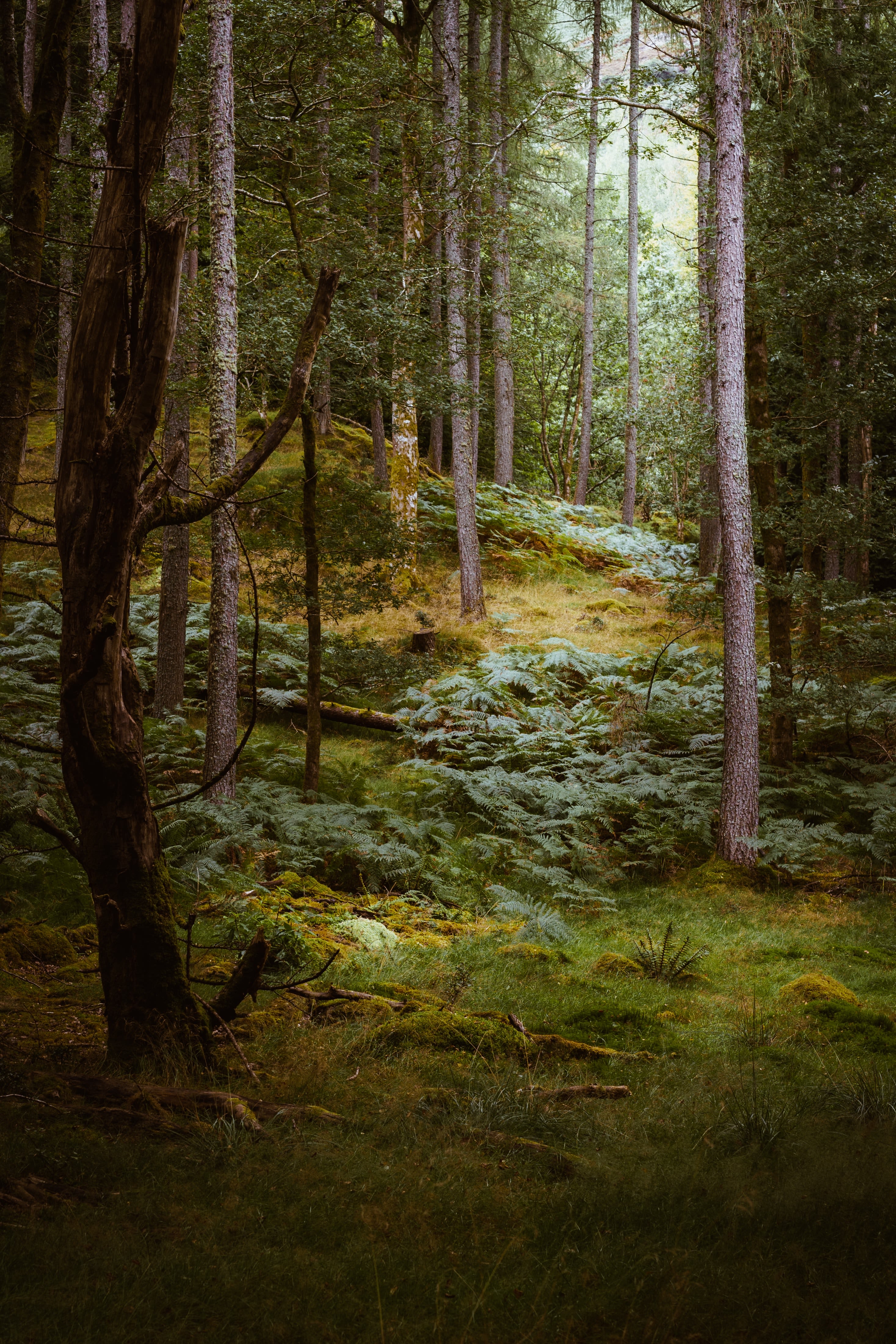
Photo by Illiya Vjestica on Unsplash
Photo by Illiya Vjestica on Unsplash
Although I agree many survivors have turned to substance abuse and addictive behaviors to escape the traumatic event(s) memories, I do not diminish the severity of such reasonings. Reflecting on my healing journey, I recognize that I may not have become addicted to alcohol or drugs because of my addiction to maintain control. However, the inclination to become addicted was constantly present. My sexual abuse experiences have made me addicted to being in control. Maybe we should look at the connection between sexually abused persons and the addictive persona. Studies focus mainly on substances like alcohol, marijuana, cocaine, and other drugs (street or prescription). Substance use can leave survivors vulnerable, unsafe, and positioned for re-victimization during their healing journey.
Survivors are constantly questioned regarding their healing journey and what worked for them. This question seems synonymous with sexual abuse, and the pressure to miraculously heal through some magic wand is unrealistic. Not everyone has "successfully" completed a healing journey, especially since it takes a lifetime.
This so-called "healing journey" we all talk about is a journey. Federico Carmona's article "A hero/heroine's journey: A road map to trauma healing" for the American Counseling Association (2021) defines, "The journey of trauma healing is a mixed bag of the mythic (fighting the beasts in the unconscious), the spiritual (believing and trusting in something bigger than oneself), the emotional (knowing and loving oneself), the intellectual (understanding and embracing change) and the practical (living beyond trauma)." This journey is full of challenges, highs, and lows that can threaten the travelers' inner world and tempt them with false promises of addictive behavior. Survivors must recognize that the healing journey is a journey, and there will be times when the old addictions sneak through and take over. This is not a failure or weakness; it is life. According to George F. Koob and Nora D. Volkow (2018), in the article "Neurobiology of addiction: a neurocircuitry analysis," stated, "The preoccupation/anticipation stage has long been hypothesized to be a key element of relapse in humans and defines addiction as a chronic relapsing disorder." There could be many reasons someone relapses, "falls off the wagon," or reinstates the use of substances, such as triggers, life experiences like a breakup, death, loss of job, etc. which could ignite that construct of craving and those old feelings of not wanting to endure the pain. It could also be the state of something innocent like a family vacation and the memories ignited by something said or done; it could also be a night out with friends that started as social drinking. Some survivors must remember that they are preordained with addictive behaviors and are more apt to think they can control the moment until it is too late.
I recently went on a family vacation and prepared myself the best I thought. While spending the day in the sun, I was offered an alcoholic beverage. I first turned down the offer and quickly was encouraged by those already indulging, "You're on vacation. Let yourself have a good time." I rationalized that one could not hurt. After the seventh, I was in that euphoric numbness, and "feeling no pain" was when I realized that I let my guard down. I also realized that I had let go of my addictive behavior of being in constant control. But what amazed me was when I heard an inner voice say, "That's enough, and it's time to remove yourself from the situation and go to bed." At first, I wanted to punish myself for losing control, failing, and falling back into an old pattern. I felt the old self-loathing mix with the sense of trying to feel numb. My unworthiness and momentary self-sabotage led me to indulge in another addictive behavior of misusing food. Yet, this time was different, and I was not fighting against my addictions alone. I quickly realized that even though I found myself in an addictive situation, I was not the same person I once was before embarking on my healing journey. I have become aware and able to recognize that relapses are human and part of life. It all came down to how I reacted to it. Not to say I discounted my responsibility that I chose to drink, but that I could take this moment of misjudgment and understand it for what it was.
It was also beneficial to be amid supportive people who rushed to my side and started helping me recover without judgment. I did not convince myself I was not at fault, but I also noticed that I was not a victim. I retained my power to choose. I took the responsibility and chose to look at this moment of weakness as a moment of power. Recognizing that I am not the same person I had been before allowed me to see the growth I have amassed thus far in my healing journey. I also realized that controlling behavior was limiting me and keeping me stuck—wasting energy trying to retain my unrealistic ideal of my status quo. Life is for living, and living is being active, taking active steps, and forgiving myself for unexpected or unplanned moments.
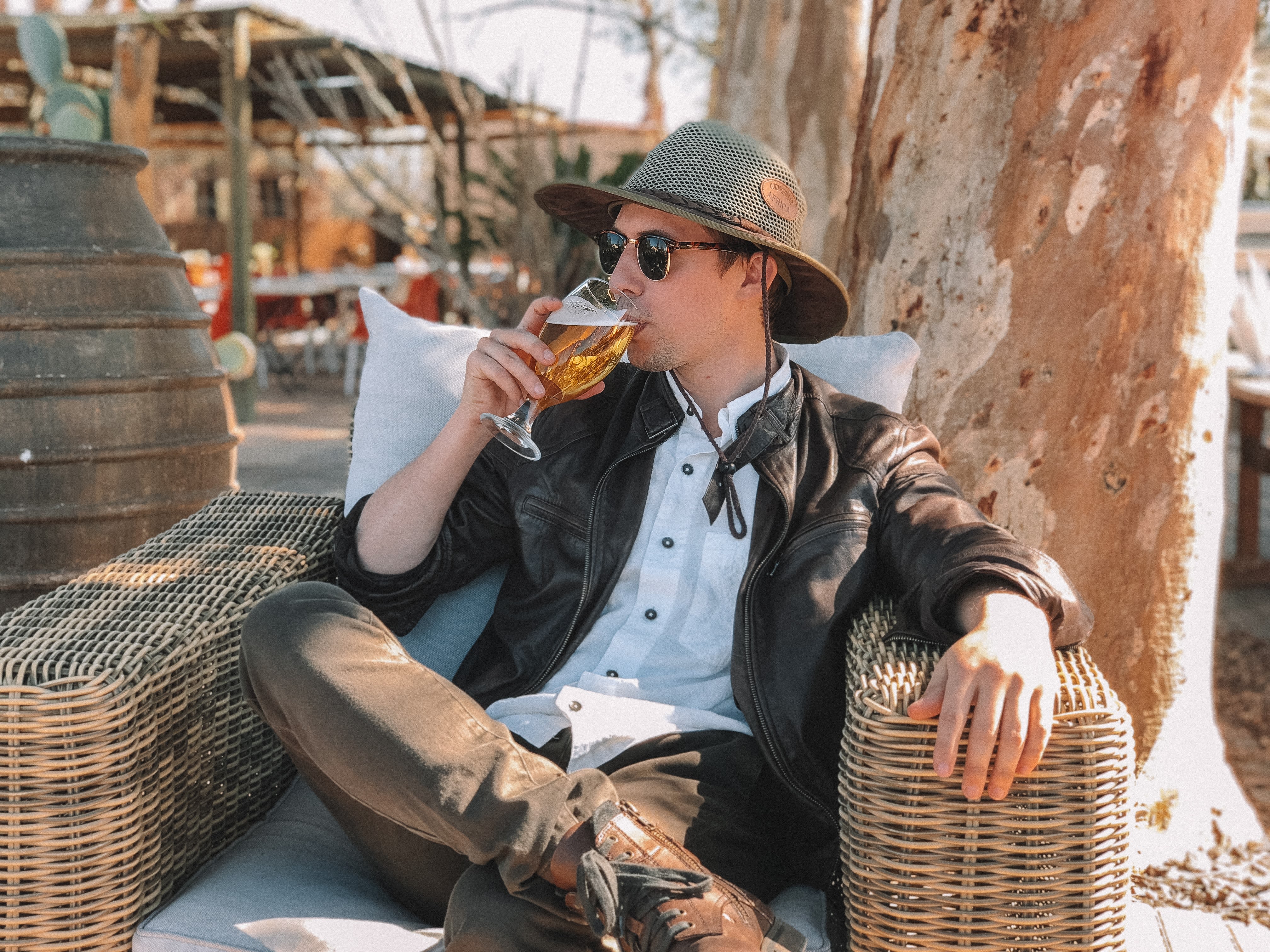

Photo by Joshua Earle on Unsplash
Photo by Joshua Earle on Unsplash
I am not condoning, encouraging, or giving free passes to indulge in old addictive behaviors while on a healing journey. Life happens, and survivors tend to harshly judge and criticize themselves, which could derail the desired goal of healing. I am learning that I must ease up a bit on myself and realize that as life continues with many unknowing challenges, I tend to be my own worst critic. I am learning to be kinder to myself.
Every day is a new beginning, a new chance to make better choices to heal and to forgive for any judgment you cast on yourself. Each day is a rebirth blessed with opportunities to start anew, and I can reinvent myself for this fantastic opportunity. Lewis Howes tweeted, "You have 24 hours to make this the best day ever. If you fail, you have 24 hours tomorrow to try again."
I worry about those that have the addictive need to be correct and declare that they have completed the healing journey and are living life addictive-free. Many adapt or adopt this belief because they feel that they cannot help others unless they have healed completely. Isn't this a form of control or perfectionism? And aren't both forms of addiction? At this stage of my healing journey, I have realized that admitting that I am still healing allows me to take the hands of those who are just starting their journey or those who have been recovering for some time, and we all can forge forth together. This unity allows me to be open to learning other ways to heal and that there is not one way to traverse the journey because we are all different and unique—and so are our addictions and healing journeys.
References
Carmona, F. (2021, July 8). A hero/heroine’s journey: A road map to trauma healing - Counseling Today. Counseling Today. https://ct.counseling.org/2021/07/a-hero-heroines-journey-a-road-map-to-trauma-healing/#:~:text=The%20journey%20of%20trauma%20healing,practical%20(living%20beyond%20trauma).
Howes, L. (2019). (9) Lewis Howes on Twitter: "You have 24 hours to make make this the best day ever. If you fail, you have 24 hours tomorrow to try again." / Twitter
Koob, G. F., & Volkow, N. D. (2016). Neurobiology of addiction: a neurocircuitry analysis. The Lancet Psychiatry, 3(8), 760–773. https://doi.org/10.1016/s2215-0366(16)00104-8
Kunst, J. (2020, November 24). Sexual Abuse, The Link Between Sexual Abuse and Addiction. Amethyst Recovery Center Best Florida Drug & Alcohol Rehab Facility. https://www.amethystrecovery.org/addiction-sexual-abuse/
Professional, C. C. M. (n.d.). Addiction. Cleveland Clinic. https://my.clevelandclinic.org/health/diseases/6407-addiction

About the Author:
John-Michael Lander is a Survivor, Advocate & Public Speaker
He is also the founder of An Athlete's Silence: www.anathletessilence.com
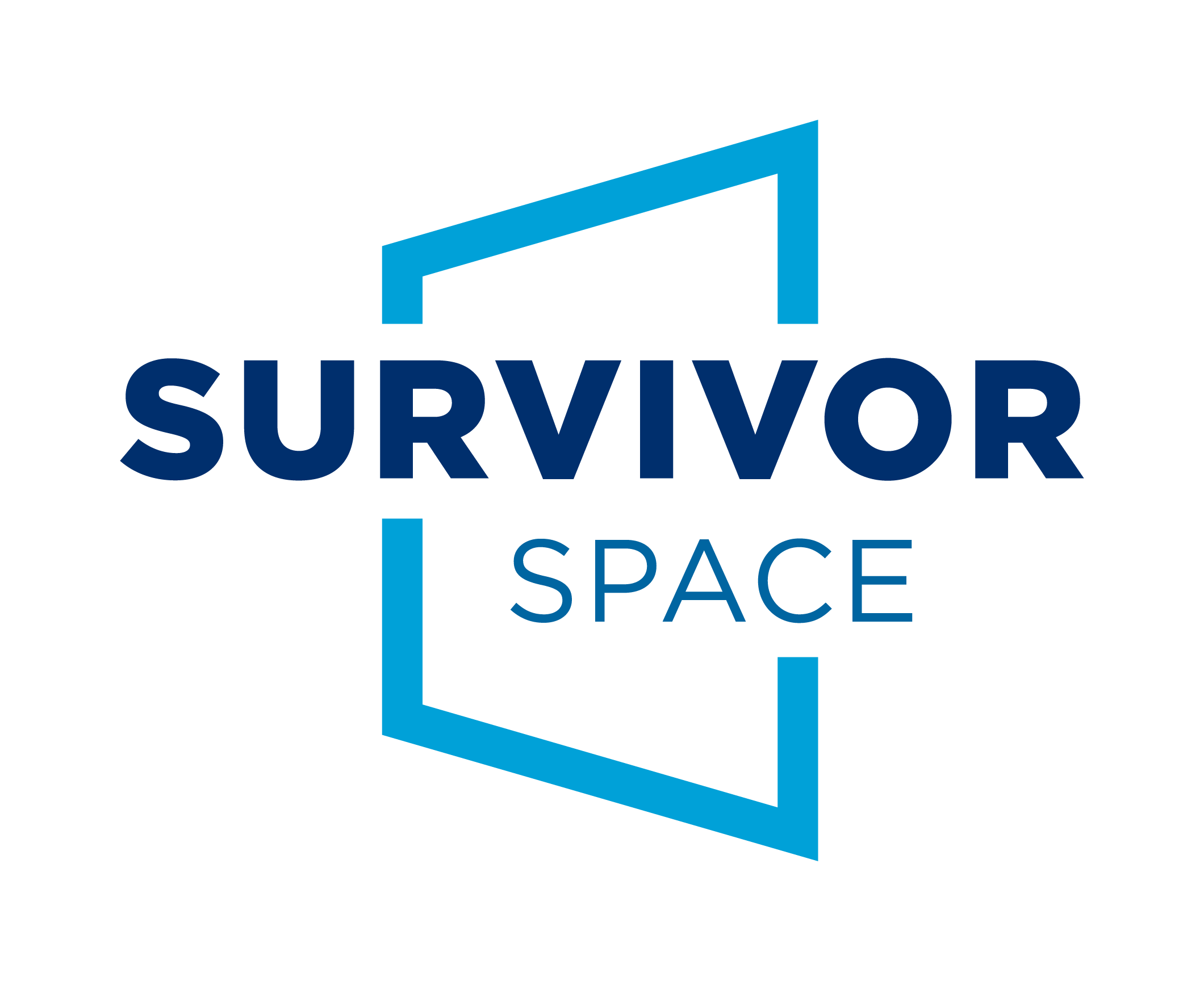
Published by SurvivorSpace, an initiative of Zero Abuse Project
